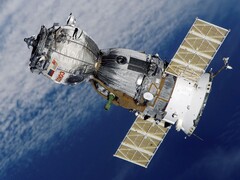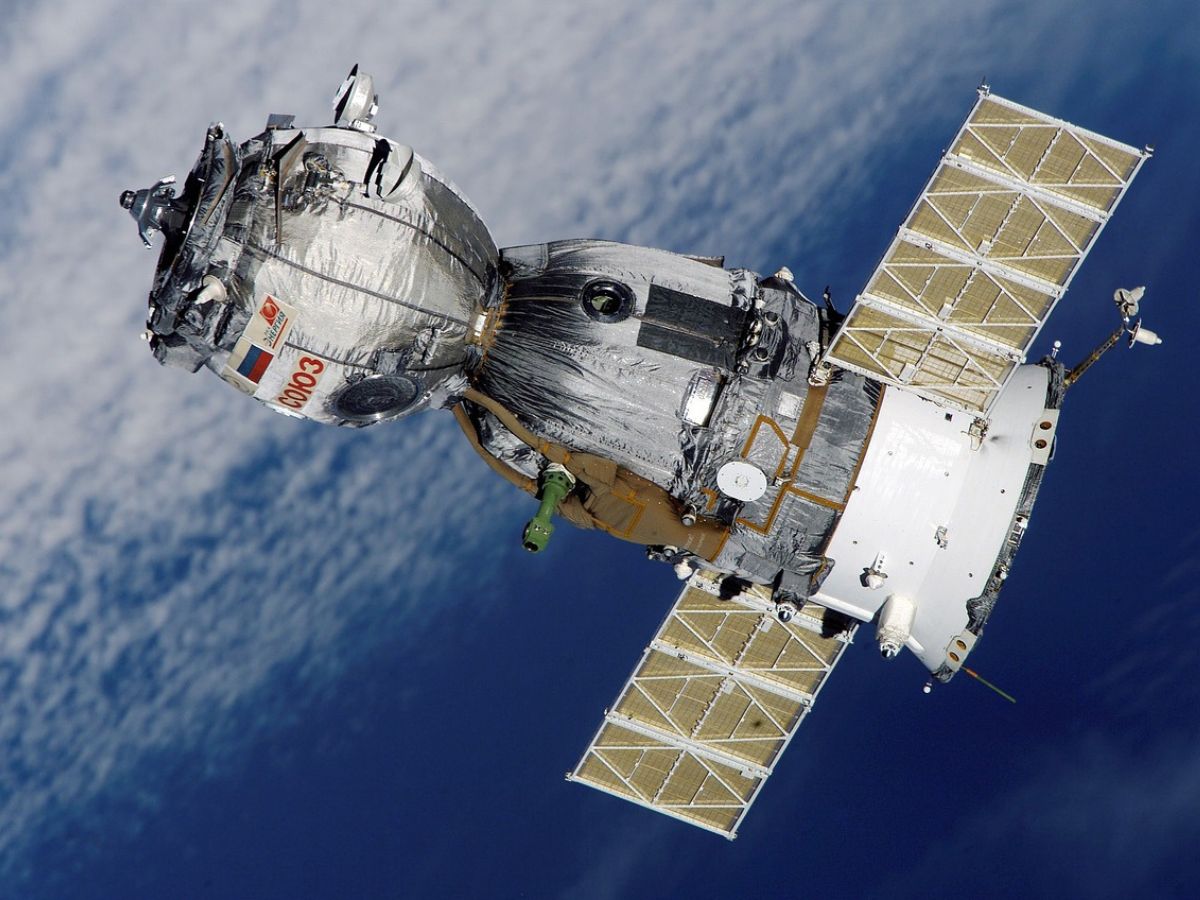 An image showing a Russian satellite orbiting the Earth. (Image source: WikiImages – Pixabay)
An image showing a Russian satellite orbiting the Earth. (Image source: WikiImages – Pixabay)
Scientists have just solved the mystery surrounding satellites that suddenly stopped working. And their work could help improve these devices in the years to come.
Thousands of satellites orbit the Earth every day, and scientists have been faced with a rather significant mystery. Indeed, many devices were suddenly malfunctioning, and researchers decided to conduct a study to find out why.
A team from the Los Alamos National Laboratory in the United States has managed to unravel this mystery, revealing its findings in a study published in the journal Advances in Space Research. In their work, scientists highlighted spacecraft environment discharges (SEDs), which are short circuits capable of destabilizing the electronic components of satellites in orbit.
The existence of SEDs was known, but the link between failures and electron levels remained to be determined. They therefore decided to install a sensor on the American experimental satellite STPSat 6 and successfully demonstrated that these devices accumulate electrons during their operation.
But after a while, this accumulation causes a spark discharge that can seriously compromise their electronic infrastructures. And for nearly a year, they proved that this activity preceded 75% of SEDs, which is a considerable figure.
As a result, this work should lead to new advances in the years to come, notably by installing systems capable of limiting the consequences of such a phenomenon on satellites. And this is an important mission, because these devices bring many advantages to everyday life, and are now indispensable in certain fields.
 Alexis Stegmann – Tech Writer – 256 articles published on Notebookcheck since 2025
Alexis Stegmann – Tech Writer – 256 articles published on Notebookcheck since 2025
I’ve been working in the field of web writing for several years, and I’m passionate about keeping readers up to date with the latest news on astronomy, technology, the world of video games and other exciting subjects. In particular, I’ve had the opportunity to work on a number of websites, which has enabled me to cover a wide range of subjects. In my personal life, I’m passionate about a wide range of subjects, including astronomy, video games, history and science. I’m also drawn to psychology, which is a subject that deserves greater documentation and recognition.

